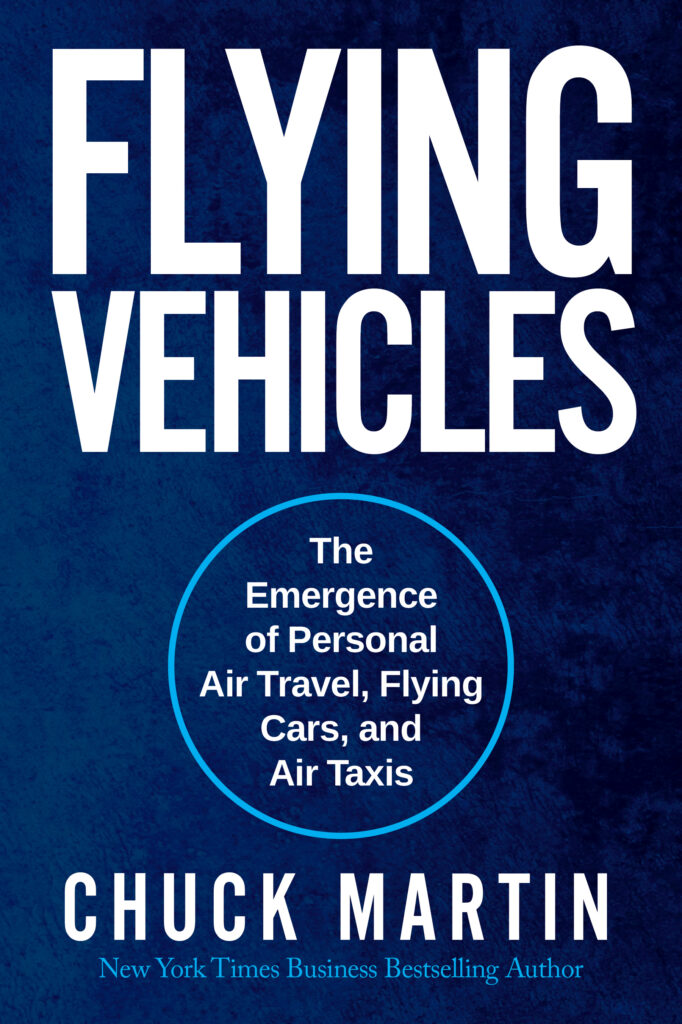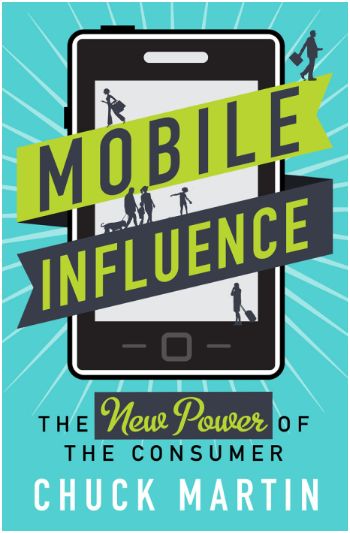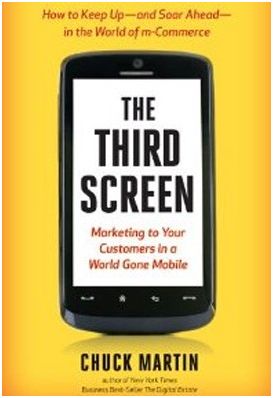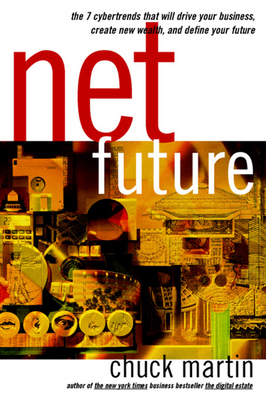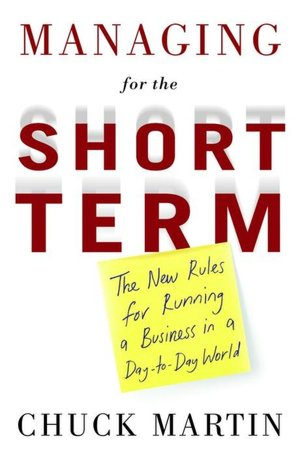
By Chuck Martin
Connected and autonomous vehicles have the potential to disrupt all industries, including tourism, changing how people live, work and travel in cities.
In the most advanced and futuristic view, the navigation of vehicles will be fully automated, with the the concept of humans as drivers becoming obsolete.
A new study on autonomous vehicles and the future of urban tourism being published in the January 2019 issue of the “Annals of Tourism Research” studies the implication of new forms of mobility on tourism.
“All industries closely tied to transport will be gradually disrupted, and the tourism sector is no exception,” states the study. “While it is difficult to predict whether autonomous vehicle city tours will erode walking tours, and potentially cause further knock-on effects in tour guide employment or residents’ perceptions of tourism, what is foreseeable is that proximity, the main factor in the design of city walking tours, will become less important, as the sequence of sites visited will matter less when covered by autonomous vehicles.”
The deployment of self-driving vehicles will affect hotels, events, restaurants and bars in ways not yet fully considered by the tourism and hospitality industries, according to the study.
Future issues could include the creation of moving, autonomous vehicles creating “hotels-by-the-hour’,” since“as sex plays a central role in many tourism experiences,” states the report. “While shared autonomous vehicles will likely be monitored to deter passengers having sex or using drugs in them, and to prevent violence, such surveillance may be rapidly overcome, disabled or removed. Personal autonomous vehicles will likely be immune from such surveillance. Such private autonomous vehicles may also be put to commercial use, as it is just a small leap to imagine Amsterdam’s Red-Light district ‘on the move.’”
Other impacts could include increases in event attendance, as attendees travel without the need to access traditional public transit or parking, and restaurants competing with moving restaurants within autonomous vehicles. Alcohol consumption also could increase as drunk driving would no longer be an issue when riding in a self-driving vehicle, according to the study.
The locations of hotels could be affected, as the requirement to be near mass transit or other facilities such as bars or restaurants is eliminated.
The study suggests that the deployment of autonomous vehicles at scale globally may not be until the year 2040 but aims to give the tourism industry and future city planners some things to think about on the way to that time


